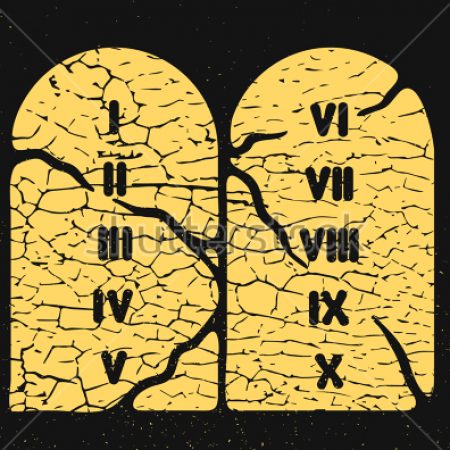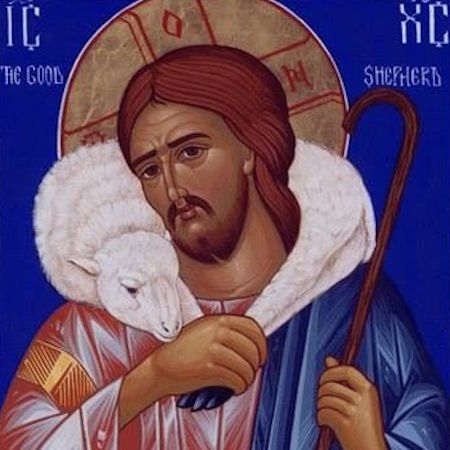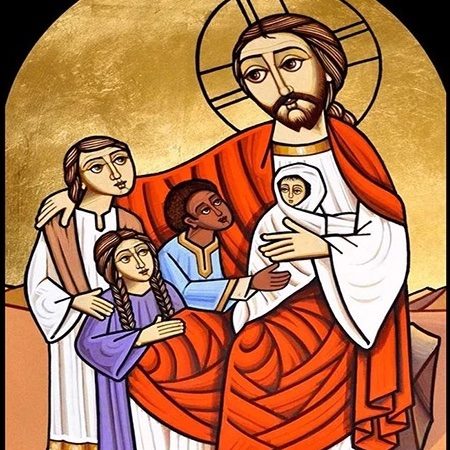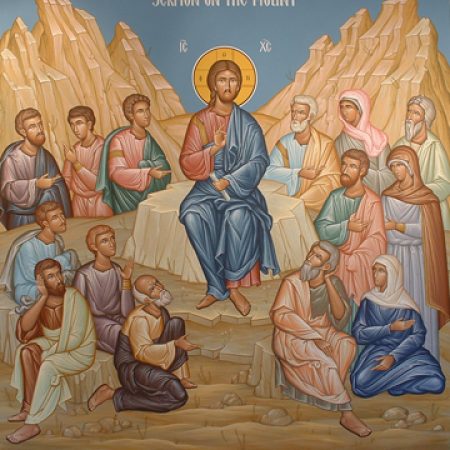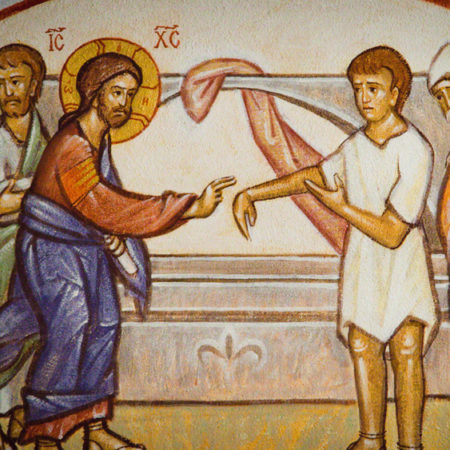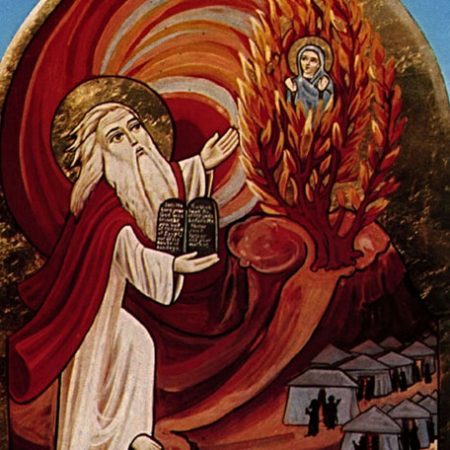We all learn our desires from others, but most of them are destructive, and law tries to control them. The pathway to freedom and life is to follow Jesus and learn to desire as he desires.
Sermons on Law
When we approach everyone with meet with the conviction that the one thing we owe them is love, Christianity will again be experienced as good news.
Looking for emerging patterns can help us (and Jesus?) recognise the ways that God is opening new pathways of grace and inclusion.
Jesus comes to break us free from oppressive understandings of God and of God’s expectations of us.
The Kingdom of God can only be accepted the way a child welcomes a hug, not the way lawyers accept a divorce settlement.
Godly love and respect doesn’t prevent disagreements in the church community, but it should enable us to address them without having to call in the lawyers.
God delights to welcome everyone, and is not interested in who is better or worse, but we imagine God to be an elitist who mirrors our tendency to pick and choose and only accept the best.
Reading scripture with God’s people keeps us honest as we seek to interpret and live by God’s law written on our hearts.
Following the living Jesus is the pathway to healing, integrity and life, and sometimes it comes into conflict with “following the Bible”.
Jesus’s primary aim was not saving us for heaven after we die, but establishing a culture of whole-hearted loved in the here and now.
Jesus calls us to move beyond hostile identity politics, whether shaped by Sabbath keeping or #Outrage, and to welcome a new culture of love, forgiveness and welcome.
Our freedom in Christ renders the law irrelevant as a factor in our relationship with God, but we are set free to grow into union with Christ, not to fall into new slaveries.
Jesus was born to reveal and fulfil what God had long sought to do; set people free to live joyously as God’s children.
Today, as in Jesus’s day, two fundamentally different visions of God and God’s expectations compete. Jesus calls us to side with the one that centres on love rather than the one that centres on concerns for holiness.
God invites us to live joyously, boldly and freely in the midst of mystery, but we are frequently tempted to grasp for something more tangible and certain.
When we use the biblical law to reinforce a worldview of sin and punishment, we doom ourselves to live in a judgemental world, a world from which Jesus offers to break us free.
The marriage equality debate raises questions about authority, but prophetic authority is not proved by fidelity to past rules, but by its power to produce a harvest of new life and love among the people.
When Jesus exposes our aversion to having others recognised as our equals, he calls us to repent and celebrate God’s generosity to all. The marriage equality debate exposes another frontier of his challenge to us.
Jesus calls us to welcome and honour each other at his table regardless of the disagreements we may have over how to apply biblical teachings.
Law typically serves to contain the expression of human desire within safe bounds, but Jesus calls us to follow him in fulfilling the law through radical love and mercy that always seeks reconciliation.

